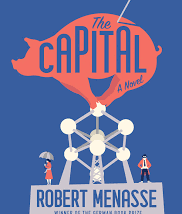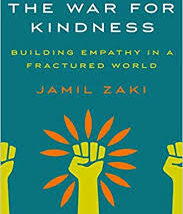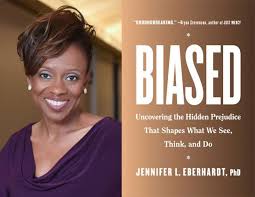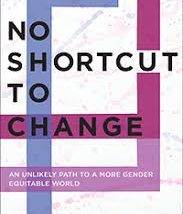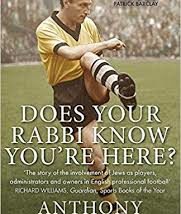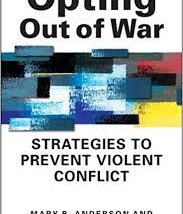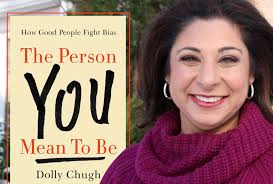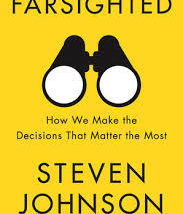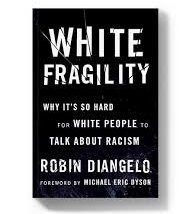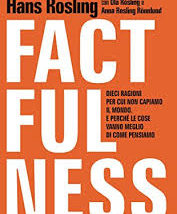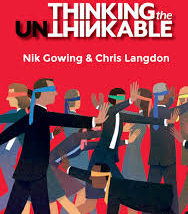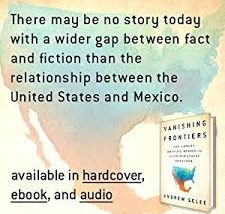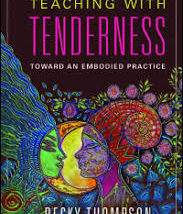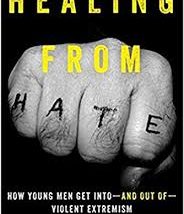Comparative Politics Books
There is a back story to this page and the comparable one on peacebuilding. A few years ago, a former colleague at the Alliance for Peacebuilding suggested I should write summaries of the books I read and share them. Her point made sense to me then because I actually read a lot, do so in multiple fields, and include both trade and academic books that friends and colleagues should know about.
I never followed through until I saw that same friend at a conference just as I was building this web site. She reminded me of the conversation, and this feature of the site was born.
It will include books that I think a) are important and b) are worth reading. I’m not going to waste your time or mine by including a book that doesn’t help us deal with some significant aspects of wicked problems in either political science or peacebuilding.
But do note that I define those fields very broadly…
It is going to take me a while to work through the backlog of books I’ve read on my iPad which functions as my Kindle. You can expect to find at least a book or two a week added to this page and/or the comparable one on peacebuilding.
And, as always, send me suggestions of books to read and review.
To read these short summaries and reviews, just slide your mouse or your finger across the book’s image below and click.
It's rare that I recommend a novel. This one if worth it, especially if you love (?) the EU and/or bureaucratic politics.
A remarkable book on the power of empathy in our dealings with each other and with ourselves.
A thoughtful and important--but flawed--book on social change in the face of crisis.
An important book on race in the United States that all peacebuilders should read.
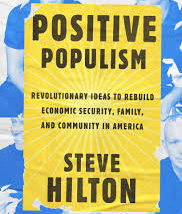
Wherever you stand on the political spectrum, you'll find something to love AND something to hate in Steve Hilton's new book, Positive Populism. That's exactly why you should read it. And think about it.
Anthony Clavane's book has been on my radar screen for a long time. I finally got around to reading it now because I am helping an Oberlin student with her application to get a Watson Fellowship to study the link between soccer, peacebuilding, and social justice. Like me, Julie Schreiber is Jewish, so the joy of working with her also gave me the joy of reading this book. Like all good books about sports--at least for me--Does Your Rabbi Know Where You Are? has as much to say about British politics and society as it does about soccer (oops, I mean football).
I'm a recent convert to the work of Brené Brown. After years of focusing on such things as shame and vulnerability, she has flipped the hierarchy and dealt with leadership in her most recent book with its intriguing title, Dare to Lead. What's unusual about the book is that she does not focus on traditional forms in which I exert leadership over you. Instead, she explores how I lead with you but also how I lead within myself. For all of those reasons, it is a book worth reading.
Because I include a chapter on Germany in my comparative politics textbook, I'm always looking for insightful books on the long-term legacy of the Nazi years. So, when I saw a review of Nora Krug's Belonging (simultaneously published as Heimat in German), I immediately bought it for two reasons. First, Krug (born 1977) is a generation removed from the Nazi experience. Still, she is obsessed about its impact, especially on her family. Second, Krug teaches illustration at Parsons School of Design, and the reviews said the images were as valuable as the prose. They were right.
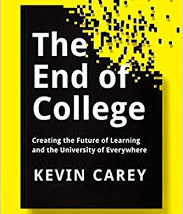
I have been thinking a lot about higher eduction these days, because I'm increasingly unhappy about the state of things these days. Then, I spent a weekend at Oberlin planning my fiftieth reunion and came away quite excited about some of the interesting things they are doing. So, I decided to go back and reread Kevin Carey's book, The End of College, which had helped strengthen my grumpiness when I read it three years ago when it came out.
Over the last few years, I’ve spent a lot of time reading books by business school professors who wrote for popular audiences and raised issues of interest to peacebuilding and/or comparative politics. Sometimes, the connections weren’t always obvious. They certainly were in the case of Dolly Chugh, The Person You Mean To Be. In many ways, hers is typical of this kind of book in that she explores personal shortcomings that keep us from reaching our fullest potential.
Steven Johnson is one of my favorite writers. Over the years, he has gotten me to rethink paradigm shifts (they happen in a more piecemeal fashion than I used to believe) and evolution (we can plan at some of our mental—if not our physical—evolution as a species). So, I read Farsighted the day it arrived on my Kindle.
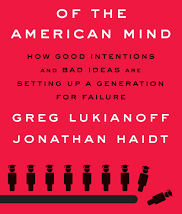
The same political polarization that grips the nation has hit American college campuses, including most of the elite schools that produce a disproportionate share of our country's leaders. In this provocative new book, Greg Lukianoff and Jonathan Haidt explore some of its contours, causes, and consequences. It is provocative precisely because it goes way beyond university life to address broader issues involving everything from the way we raise our children to broader polarization that has only gotten more intense than it was when they finished the book. I do not agree with everything they say, but the book is a must-read for anyone interested in the fate of American higher education and society, both of which have been at the heart of my life since I was a student in the differently polarized 1960s and 1970s.
Like many progressives who came of age in the 1960s, I'm struggling to figure out why we haven't made more progress on race relations in my adult lifetime. Robin DiAngelo's White Fragility helps us do so by showing why whites have a hard time discussing race, seeing their role in perpetuating inequality, and how we could break ourselves out of that logjam.
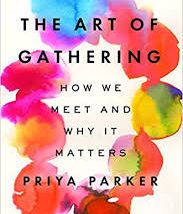
If you hate meetings, this is a great book to help make the meetings (and other gatherings you attend) more interesting and useful.
Hans Rosling’s Factfulness is a book all social scientists should read because it tools about how our failure to see the real data on development had led to political mistake after political mistake
The best book on Mexican politics and society I've read in years.
Teaching With Tenderness made me rethink everything I did in the classroom and what I still do as a facilitator and mentor.
Healing from Hate explores radical extremism through a gendered lens.

